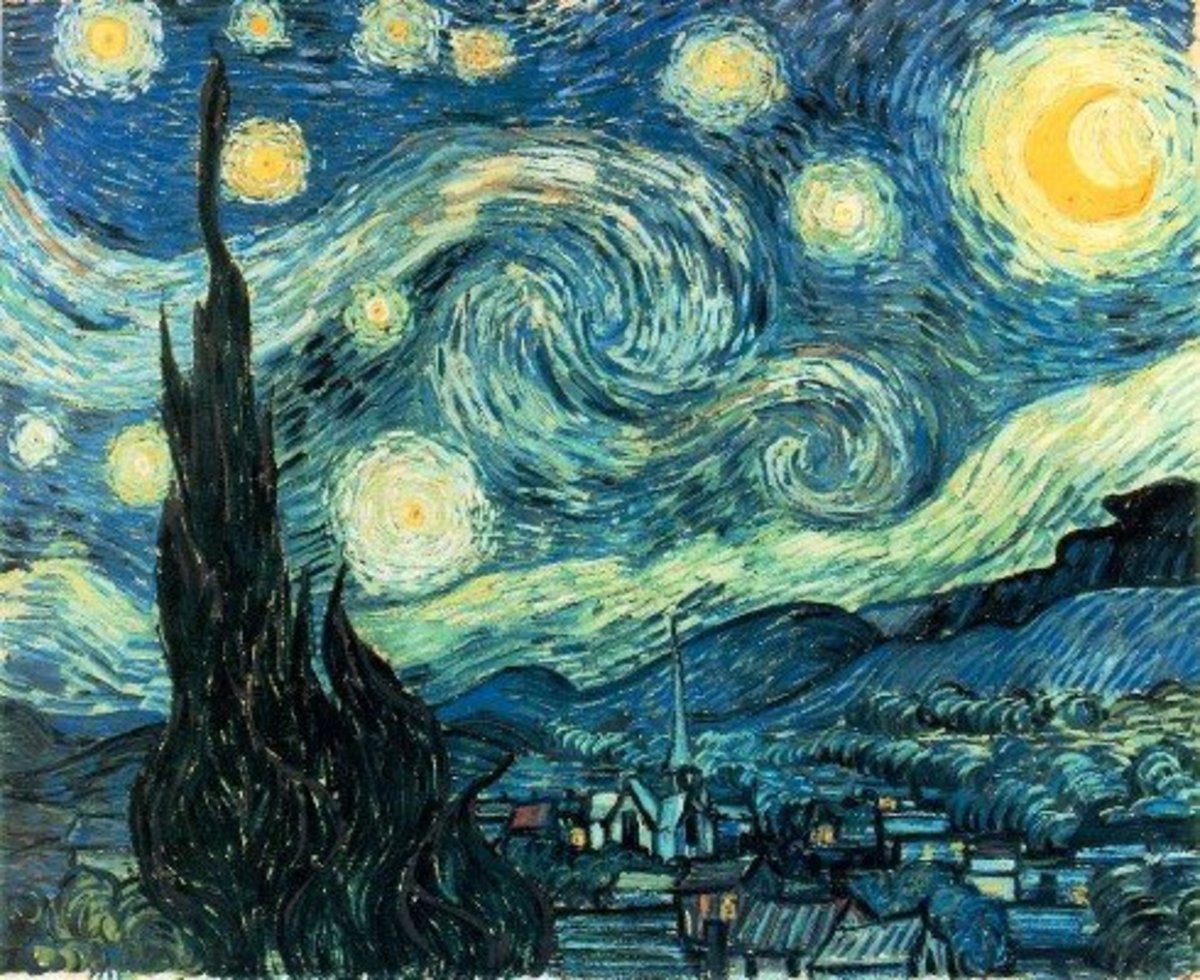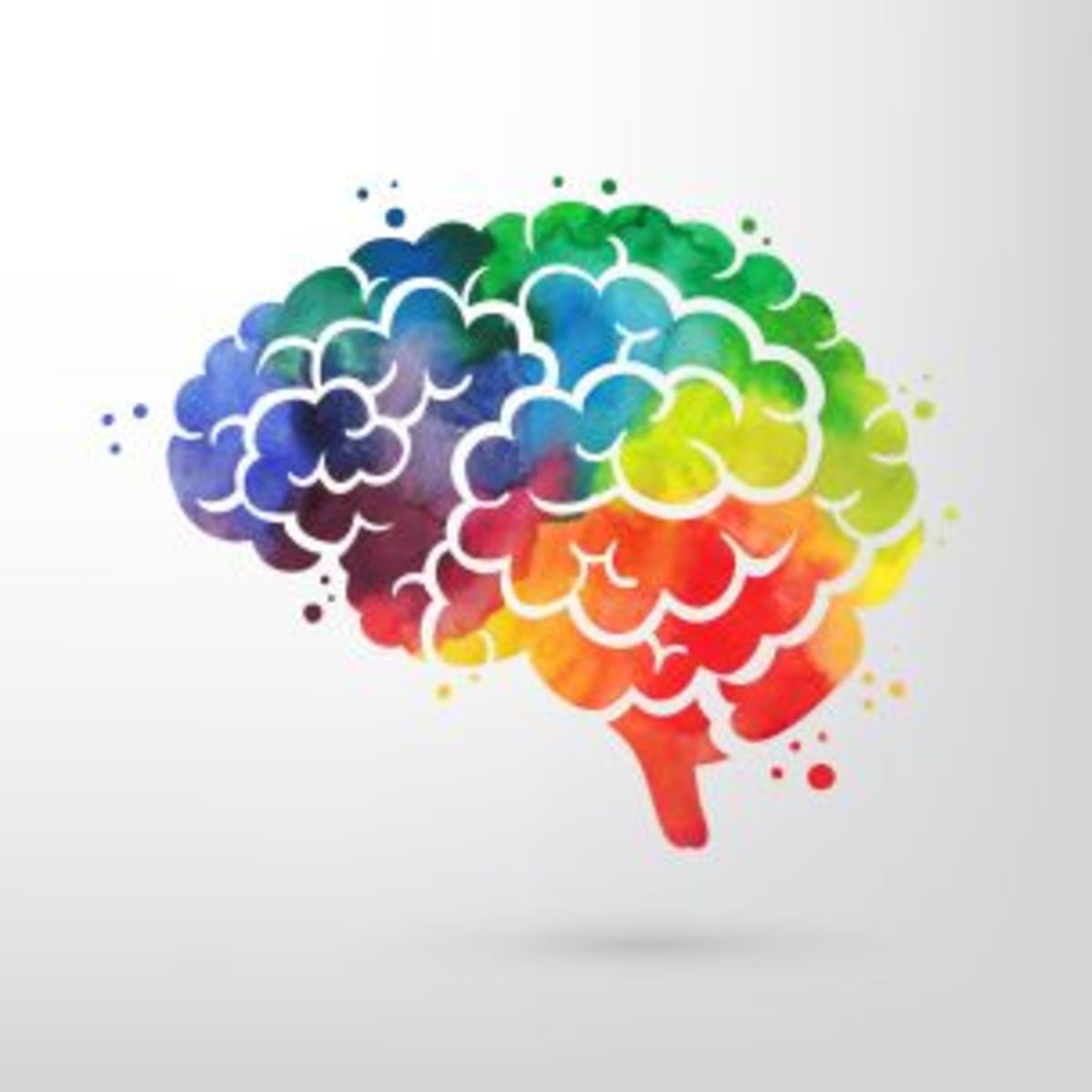Modern Day Health Tips

Very Useful Health Tips for Our Modern Day Lives
The following is a list of very useful health tips which can greatly help us enjoy our modern daily lives, and perhaps enjoy it much longer. The subjects are varied and all very applicable for each and everyone of us.
- There is no excuse not to exercise. People make excuses to avoid exercise, but you need to make exercise a priority in your life for the sake of your health. If you are obese or suffer from arthritis, swimming is the best exercise. If you are unable to join a fitness club, then exercise at home. If you are embarrassed by your appearance by your appearance or weight, this should be your motivation to start exercising.
- Influenza vaccination: The influenza vaccination is recommended for everyone before winter. But a flu shot is even more important for individuals who suffer from chronic diseases as they are more susceptible to complications from influenza. This includes people with diabetes, heart disease, lung disease, HIV patients and anyone with a weak immune system. Ask your doctor about getting vaccinated.
- Symptoms of mental illness: There are several symptoms which may indicate a psychological problem and justify a visit to a psychologist. These symptoms include prolonged sadness, anxiety, loss of interest in normal activities, or becoming withdrawn ar isolated. Other symptoms may be related to obsessive compulsive disorder such as an uncontrollable need to repeat certain unusual behaviors.
- Blood Pressure: New U.S. guidelines for blood pressure now define the upper limit for normal blood pressure to be 110/ 70 rather than the previously accepted 120/ 80. The new recommendations are based on data collected from several large studies that demonstrate that the risk from dying from heart disease or stroke increases progressively and linearly when blood pressure exceeds 115/ 75.
- Gratitude Journal: U.S. researchers found that a gratitude journal, a diary in which you write down things for which you are thankful could increase happiness. Studies showed that subjects that took the time to write down their blessings once a week had significantly increase satisfaction with life over a period of 6 weeks, whereas a control group that did not keep journals had no such gain. Try it.
- Think Positive: Life is not always easy and not always fair. But we choose to be happy by remembering our blessings. When you wake up each day take a deep breath and appreciate the fact you have woken up to another day. For many, the journey ended before you woke up. Be thankful for what you have, not what you don't have. Quit blaming others for your problems and take charge in solving them yourself.
- Weight Loss and Blood Pressure: A recent U.S. study found that people who suffer from blood pressure and want to lose weight get best results from a low carbohydrate diet. The study found that individuals who followed a low carb diet lost the same amount of weight and had an improved blood pressure than who followed a low fat diet and also took medication to help reduce weight.
- Winter Raises Blood Pressure: A recent U.S. study of over 40,000 volunteers suffering from high blood pressure (BP) found that BP levels increase an average of 8% in winter. According to lead researcher, Dr. Ross Fletcher: "People gain weight in the winter and lose weight in the summer. People tend to exercise more in the summer and less in the winter." Increased weight leads to higher BP.
- Limit your salt: Too much salt is bad for your health, causing high blood pressure and soft bones (Osteomalacia). Thus, you should limit your salt intake to a maximum of 2400 mg per day which equals about 2 teaspoons. For your reference, 1 piece of cheese contains about 300 mg salt, 2 pieces of white bread have 269 mg of salt and 1/2 cup tomato paste has 740 mg.
- Erections and heart disease: An Italian study found that those men Diabetes Type 2 who also suffered from erectile dysfunction (ED) were more prone to arteriosclerosis and heart disease; regardless of the patient's age and other health issues. Thus, diabetes experts recommend that doctors ask their patients about the occurrence of (ED) which may be evidence of heart disease and atherosclerosis.
- Can chocolate reduce stroke? Several studies claim chocolate reduces the risk of stroke. One study of 44,489 people found that those who ate 1 serving of chocolate per week were 22% less likely to have a stroke than people who ate no chocolate. Another study found that people who ate 50 grams of chocolate once a week were 46% less likely to die following a stroke than people who didn't eat chocolate.
- Enlarged Prostate: Benign prostatic hyperplasia (BPH) is a noncancerous enlargement of the prostate gland that occurs in most men as they age. BPH is usually harmless, but it often results in problems urinating. In a small number of cases, BPH may cause bladder obstruction, making it extremely difficult to urinate, leading to bladder infections or stones or kidney damage.
- Vitamin D: New research is suggesting that vitamin D may help reduce a person's risk of dying from a stroke by as much as 50 percent. A Finnish study that followed about 6,000 people for more than 25 years showed that those with the highest vitamin D intake were significantly less likely to die of either stroke or heart disease. There are 3 ways to get vitamin D: food, sunlight, and supplements.
- To lose weight, it is important to combine a moderate diet of healthy food choices with regular exercise. Aerobic exercises are a good choice for losing weight as it helps you lose the excess fat accumulated around the stomach and waistline. Swimming is another good exercise because it limits stress on the joint








